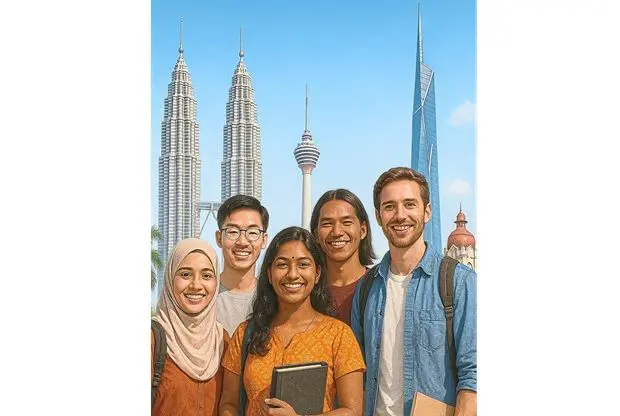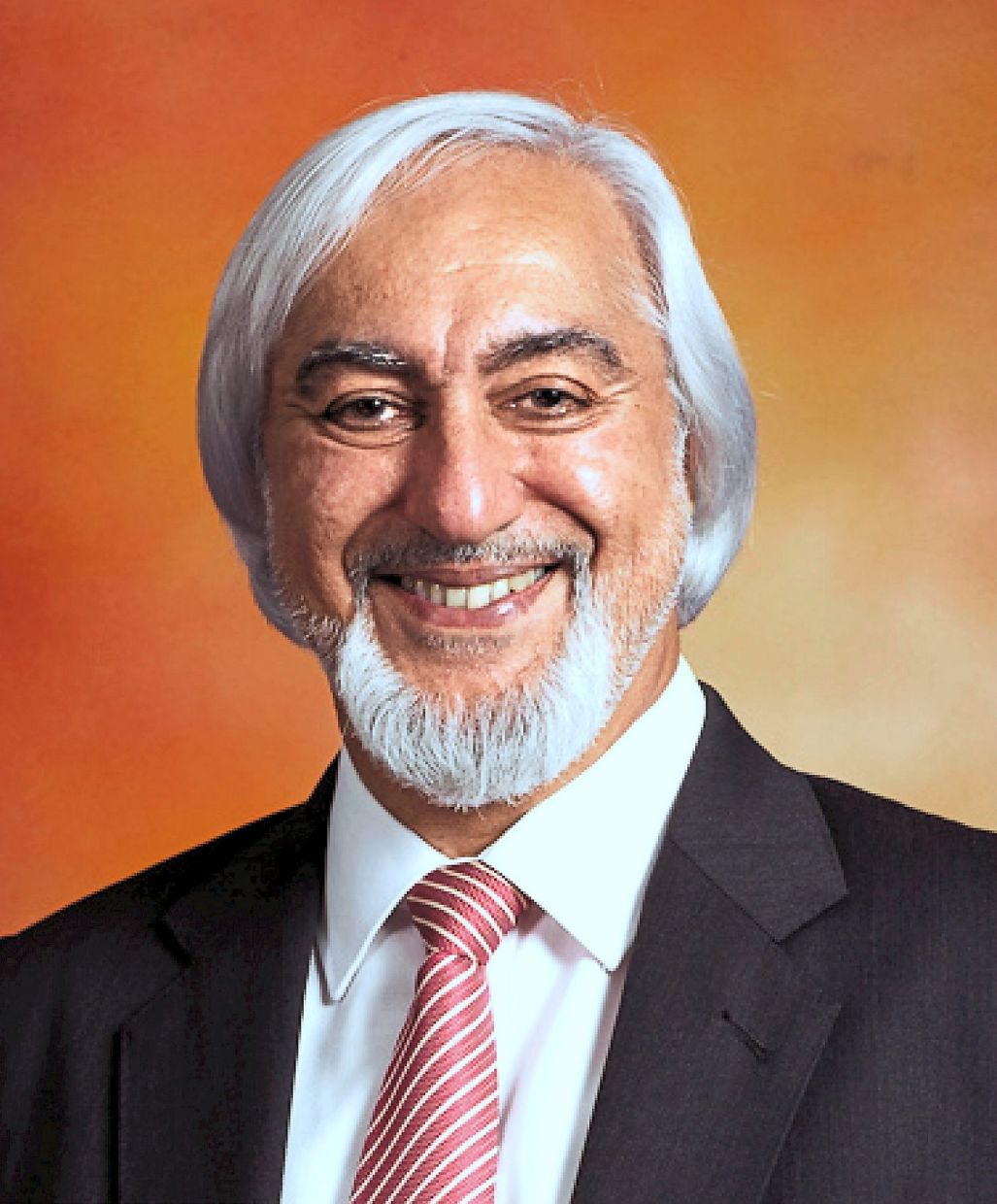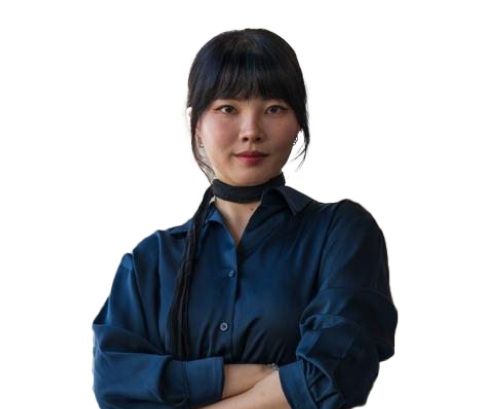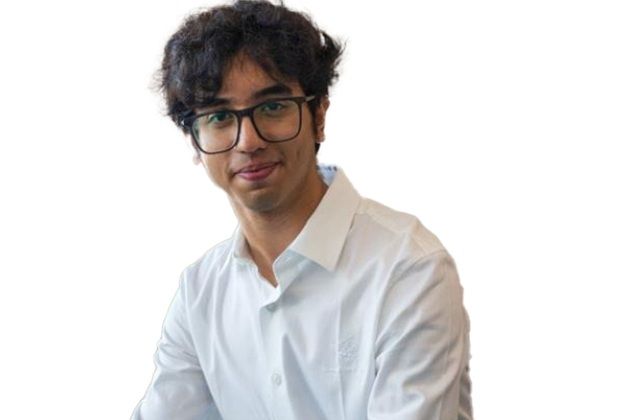
This visual is human-created, AI-aided
Positioning Malaysia as a hub of excellence in both innovation-driven and non-science, technology, engineering and mathematics (STEM) fields is crucial to maintaining Kuala Lumpur’s edge as a global student city, industry players say.
While placing 12th in the latest Quacquarelli Symonds (QS) Best Student Cities Rankings – the country’s best showing since participating in 2016 – is cause for celebration, Malaysia has the potential to do even better.
Looking ahead, Malaysian Association of Private Colleges and Universities (Mapcu) president Datuk Parmjit Singh said institutions should shift away from generic qualifications towards growth verticals such as artificial intelligence (AI), fintech, data science, analytics, cybersecurity and integrated circuit design.
National Association of Private Educational Institutions (Napei) president Datuk Lau Wai Cheng, meanwhile, emphasised that while STEM is critical, non-STEM areas should not be overlooked.
“We have seen institutions establish advisory boards with industry leaders, embed internships and work placements into degree programmes, and even co-develop courses with employers, especially in areas like design, communications and hospitality.
“These partnerships go beyond appearances; they deliver real-world skills, meaningful job placements, and industry-ready graduates.
“These partnerships go beyond appearances; they deliver real-world skills, meaningful job placements, and industry-ready graduates.
“That said, there is still room to strengthen the alignment between non-STEM programmes and the demands of fast-evolving job markets, especially in emerging areas like content creation, digital marketing, social innovation and careers related to environmental, social and governance initiatives,” she said, adding that to remain competitive, institutions must ensure their programmes stay relevant by embedding practical experiences like internships while equipping students with both technical and soft skills.
Lau also stressed that continuous engagement with industry at local, regional and international levels is vital to keeping curricula aligned with market demands and producing graduates who remain in high demand.
Malaysia, said Parmjit, already has what it takes to get ahead: English-medium instruction, internationally benchmarked programmes, competitive tuition fees and living costs, and continuous investment in modern campuses and resources to attract even more global learners.
But these strengths must now be strongly showcased in the global student recruitment arena, he asserted.
“Education Malaysia Global Services can champion Malaysia’s private universities abroad.
“The agency is best placed to highlight institutions that have invested heavily in providing attractive learning and living environments, alongside high-quality education and excellent student experiences,” he said.
Road to 2030
Parmjit noted that the key to staying competitive lies in internationalisation, mobility and innovation.
“Malaysian private institutions should intensify international mobility and recognition, as well as forge more transnational education (TNE) partnerships with reputed universities,” he said, adding that such efforts would broaden the range of unique programmes on offer and attract more international students.
He also called for greater flexibility around student work rights.
“It would be a big boost if post-study work schemes or visa flexibility were expanded to retain talented graduates. This will greatly enhance students’ interest in coming to Malaysia to study.
“This would help students defray their living expenses, and the extra income earned would in turn be spent here in Malaysia, especially as students tend to travel beyond KL during their holidays and experience the best of what Malaysian tourism has to offer,” he added.
For Parmjit, the latest QS rankings validate years of investment by private institutions in creating globally relevant offerings.
“The private sector is well poised and always prepared to capitalise on this recognition.
“Many member institutions already have high international student proportions and employ robust admission channels,” he said.
Lau, however, stressed that while the QS recognition is important, rankings alone do not change global perceptions.
“We need to amplify this narrative through consistent communication, student testimonials and clear evidence of graduate success,” she said, while stressing the need to ensure momentum extends beyond KL.
“We should develop other cities – such as Penang, Johor Baru and Kuching – into student-friendly education hubs.
“This involves enhancing infrastructure, industry linkages, and student services,” she said, adding that with the right support and collaboration, KL’s success can be replicated and more Malaysian cities can be positioned as attractive destinations for international students.
She also said achieving the government’s 2030 goal of making Malaysia a regional and global education hub will depend on expanding the nation’s appeal and diversifying what it offers.
“With targeted investment and collaborative effort, Malaysia can not only sustain KL’s standing but also elevate other cities as attractive destinations for global learners,” she said.
Mapcu, said Parmjit, continuously plays a proactive role in policy advocacy, sector coordination and international branding.
“We work with the Higher Education Ministry and regulators on policies related to recruitment, quality assurance and graduate work rights; we help institutions benchmark and collaborate; and we amplify Malaysia’s position abroad through participation in global education fairs.
“Mapcu is fully committed to working hand in hand with government and institutions to ensure that KL – and by extension, Malaysia – capitalises on its inherent strengths and potential to achieve its goal of being a leading regional and global education hub by 2030,” he said.
In love with ‘second home’
INTERNATIONAL students from UCSI University share what it’s like to study in KL, which they fondly call their “second home”.
I started my tertiary studies a year ago. When I arrived in KL, my first impression was that the country had nice food and a vibrant culture. But as I immersed myself more in the city, I fell in love with how developed its infrastructure was. As a student, this is the kind of place I was looking for. It is really convenient for me to get to university or head to the city centre to hang out during the weekends because the public transport is efficient and everything is affordable. I’m currently pursuing a mass communication degree, and there are many opportunities here. I love that many companies don’t shy away from hiring international students — it’s a great chance for me to broaden my horizons. My experience studying here has also given me valuable exposure that supports my future. KL has huge potential to rise in the QS rankings, with how integrated and safe the city is for students to explore on their own. It is one of the best places to discover who you are, to learn, and to build your career. -- Jennifer Janis, 23, Indonesia
It has been 15 years since I first came to Malaysia. What began as a decision made by my parents, who saw the country’s potential for growth, turned into a long-term journey of learning, adapting and growing. Moving to a different country at a young age had its challenges. But over time, I came to truly appreciate what makes Malaysia such a unique and welcoming place to live and study in. Malaysia’s multilingual environment is another strength I deeply value. English, Bahasa Malaysia and Mandarin are commonly spoken. As a student, this allows me to naturally broaden my linguistic skills and cultural understanding. It’s an experience that has prepared me well for global communication and cross-cultural collaboration — skills that are increasingly important in today’s world. Varsity life has also played a meaningful role in my growth — the student community is so open and engaging. As I prepare to graduate and step into the next chapter of my life, I’m grateful for the years I’ve spent in Malaysia. The lessons I’ve learnt, the people I’ve met, and the perspectives I’ve gained will stay with me — both as a person and as a qualified professional.-- Suyeon Huh,
Room for improvement
The Star https://www.thestar.com.my › education › 2025/09/07
12 hours ago — Asian cities rise in standings. The Quacquarelli Symonds (QS) Best Student Cities Rankings 2026, which feature 150 cities and districts, also ...
Room for improvement
Related stories:
24, South Korea
My friends and I were just talking about how it’s such a blessing to be studying in KL. From the moment you arrive at the airport, there’s a separate counter for international students — it makes you feel seen and welcomed. From the rich culture that allows students of any nationality to feel at home and the amazing places to visit, to the campus life that makes you feel part of a close-knit community - there’s so much KL gets right that many other places don’t. One important factor is that most international students feel safe in KL, no matter what is going on everywhere else in the world. I’ve seen firsthand how my varsity goes out of its way to support international students, especially those whose home countries are experiencing war and unrest. Initiatives like the International Buddy Programme and events like International Cultural Week really help us feel welcomed, safe and comfortable. --Syed Wajeeh Hassan, 20, Pakistan









